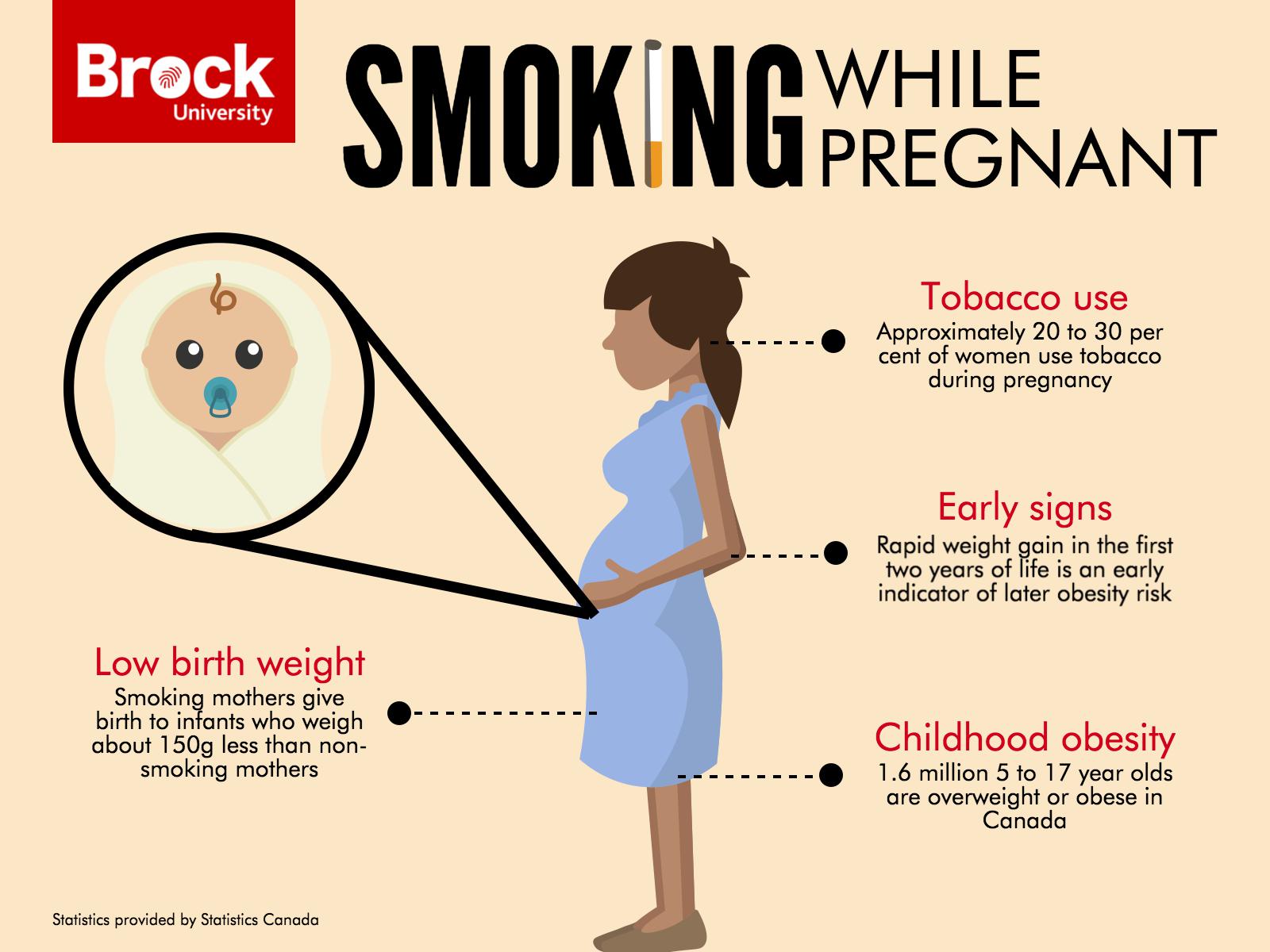
The Perilous Consequences of Smoking During Pregnancy: A Comprehensive Analysis
Introduction
Smoking during pregnancy poses a significant threat to the health of both the mother and the developing fetus. The harmful chemicals present in cigarettes have been linked to a myriad of adverse outcomes, including premature birth, low birth weight, and a range of congenital anomalies. This article delves into the profound risks associated with smoking during pregnancy, examining the scientific evidence and exploring the potential consequences for both the mother and the child.
Maternal Health Risks
Smoking during pregnancy increases the risk of several maternal health complications, including:
- Placental abruption: This condition occurs when the placenta separates from the uterine wall before the baby is born, leading to bleeding and potential fetal distress.
- Preeclampsia: A serious condition characterized by high blood pressure and protein in the urine, which can lead to seizures and organ damage.
- Gestational diabetes: A type of diabetes that develops during pregnancy, increasing the risk of premature birth and other complications.
- Increased risk of cesarean section: Smoking during pregnancy has been associated with a higher likelihood of requiring a cesarean section.
Fetal Health Risks
The effects of smoking on the developing fetus are even more profound. The toxic chemicals in cigarettes cross the placenta and reach the baby, causing a range of adverse outcomes:
- Premature birth: Babies born to mothers who smoke are at an increased risk of being born prematurely, which can lead to a host of health problems.
- Low birth weight: Smoking during pregnancy restricts blood flow to the placenta, resulting in a reduced supply of oxygen and nutrients to the baby. This can lead to low birth weight, which is associated with an increased risk of developmental problems and long-term health issues.
- Congenital anomalies: Smoking during pregnancy has been linked to an increased risk of congenital anomalies, including cleft lip and palate, heart defects, and neural tube defects.
- Sudden infant death syndrome (SIDS): Studies have shown that smoking during pregnancy increases the risk of SIDS, a leading cause of infant death.
Mechanisms of Harm
The harmful effects of smoking during pregnancy are attributed to the presence of over 7,000 chemicals in cigarettes, including nicotine, carbon monoxide, and tar. These chemicals have a range of toxic effects on the developing fetus:
- Nicotine: Nicotine constricts blood vessels, reducing blood flow to the placenta and the baby. It also stimulates the release of stress hormones, which can affect fetal development.
- Carbon monoxide: Carbon monoxide binds to hemoglobin in the blood, reducing the amount of oxygen that can be carried to the baby. This can lead to hypoxia, which can damage fetal organs and tissues.
- Tar: Tar contains a variety of chemicals that have been linked to cancer, respiratory problems, and other health issues.
Long-Term Consequences
The effects of smoking during pregnancy can extend beyond the immediate neonatal period. Children exposed to tobacco smoke in utero have an increased risk of:
- Respiratory problems: Asthma, bronchitis, and other respiratory conditions are more common in children whose mothers smoked during pregnancy.
- Cognitive and behavioral problems: Exposure to tobacco smoke during pregnancy has been associated with lower IQ scores, attention problems, and behavioral issues.
- Increased risk of chronic diseases: Children exposed to tobacco smoke in utero have an increased risk of developing chronic diseases later in life, such as heart disease, stroke, and cancer.
Prevention and Cessation
Preventing smoking during pregnancy is crucial for protecting the health of both the mother and the baby. Women who are planning to become pregnant or are already pregnant should quit smoking immediately. Cessation programs and support groups can provide valuable assistance in quitting.
For women who are unable to quit on their own, nicotine replacement therapy (NRT) or prescription medications may be considered. NRT helps reduce cravings and withdrawal symptoms, while prescription medications can block the effects of nicotine on the brain.
Conclusion
Smoking during pregnancy is a serious public health concern with far-reaching consequences for both the mother and the child. The harmful chemicals in cigarettes pose a significant threat to fetal development, increasing the risk of premature birth, low birth weight, congenital anomalies, and long-term health problems. Preventing smoking during pregnancy is essential for protecting the health of future generations. Women who are planning to become pregnant or are already pregnant should quit smoking immediately and seek support to maintain a smoke-free lifestyle.